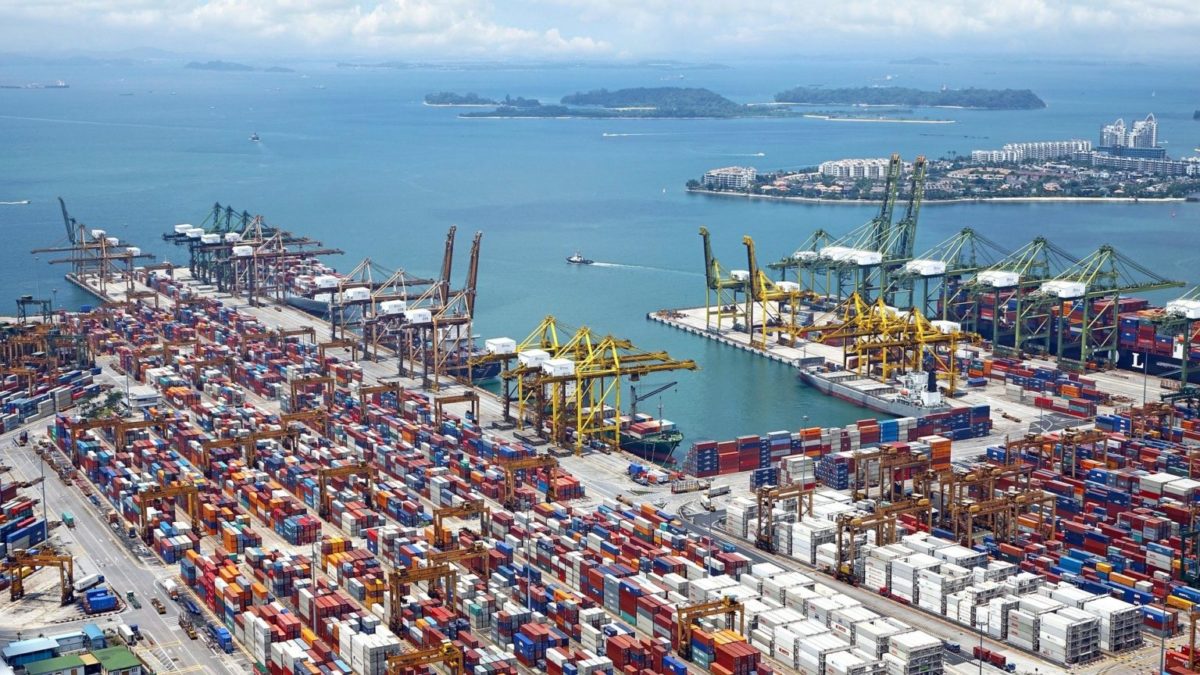From pv magazine USA
The Solar Energy Industries Association (SEIA) warned that tariffs on imported panels from three Asian countries would jeopardize nearly 30% of the solar capacity the U.S. is expected to install over the next two years.
The Commerce Department could decide in early October whether to launch a trade investigation into solar cells and modules that are imported from Malaysia, Vietnam and Thailand. Those countries account for 80% of all panel imports into the United States.
In a letter to Commerce Secretary Gina Raimondo, the SEIA said the duties – proposed by an anonymous group of domestic manufacturers last month – would be devastating to the growth of the renewable energy sector.
“I cannot overstate the dire threat that these reckless petitions are imposing on hundreds of thousands of American families,” said Abigail Ross Hopper, SEIA president and CEO in a statement. She said the petitioners are asking Commerce to “misinterpret U.S. law” and “overturn a decade of department decisions” in solar trade cases. “We urge Commerce to use its discretion and dismiss these frivolous petitions.”
To keep reading, please visit our US website.
This content is protected by copyright and may not be reused. If you want to cooperate with us and would like to reuse some of our content, please contact: editors@pv-magazine.com.




By submitting this form you agree to pv magazine using your data for the purposes of publishing your comment.
Your personal data will only be disclosed or otherwise transmitted to third parties for the purposes of spam filtering or if this is necessary for technical maintenance of the website. Any other transfer to third parties will not take place unless this is justified on the basis of applicable data protection regulations or if pv magazine is legally obliged to do so.
You may revoke this consent at any time with effect for the future, in which case your personal data will be deleted immediately. Otherwise, your data will be deleted if pv magazine has processed your request or the purpose of data storage is fulfilled.
Further information on data privacy can be found in our Data Protection Policy.